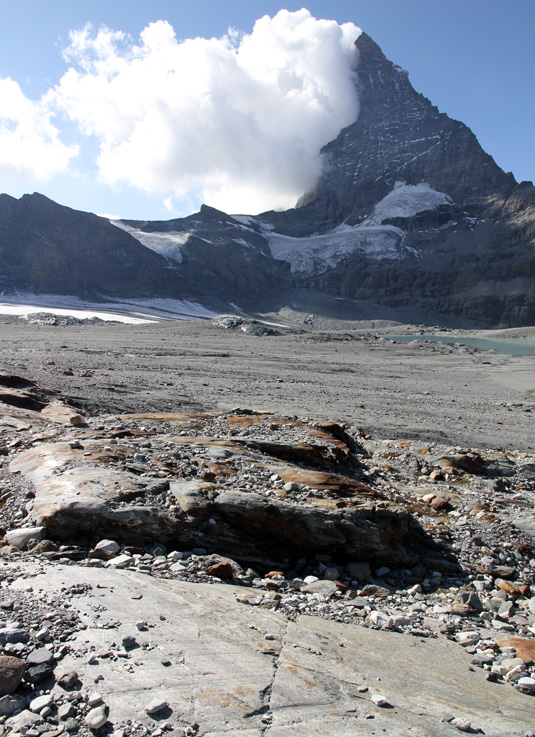About Geology at LMU
We study natural processes that change the Earth, its shape and surface at different spatial and temporal scales. We work at the interface of internally (plate tectonics, earthquakes, volcanic eruptions) and externally (atmospheric, hydrospheric) controlled processes. Our methodological research in Tectonics and Stratigraphy is societally relevant, for example to probles in natural resources, geohazards, and climate change. We do not, however, carry out methodological work in these latter three fields.
Established focal points of geology in Munich include:
Active Tectonics, Tectonic Geomorphology, and Earthquake Studies (incl. Paleoseismology)
Global Geology & Stratigraphy
Deformation, Structural Geology, and Tectonics of plate boudaries and intraplate regions
Our methods include:
Geological field mapping
Geological remote sensing and GIS
Space-based geodesy and digital mapping
3D Computer Modeling
Hiatus mapping and event-based stratigraphy
Geochronology, Mass spectrometry
High-resolution microscopy
Processing of hard & soft rocks
A strong-acid chemical-laboratory for cosmogenic nuclide sample preparation is available. Natural Laboratories include also field sites in Bavaria, the Alps, in SE Spain (Field camp location), the western United States, Zagros Mountains and Makran (Iran), East African Rift and the Serengeti, etc.

Photo showing the Matterhorn, remnants of the Theodul glacier and fresh exposures of glacially polished and striated ophiolite rocks. A prominent cloud is often attached to the Matterhorn's southern face, which symbolizes the interaction of tectonic and climatic processes (© A. Friedrich 2011).

